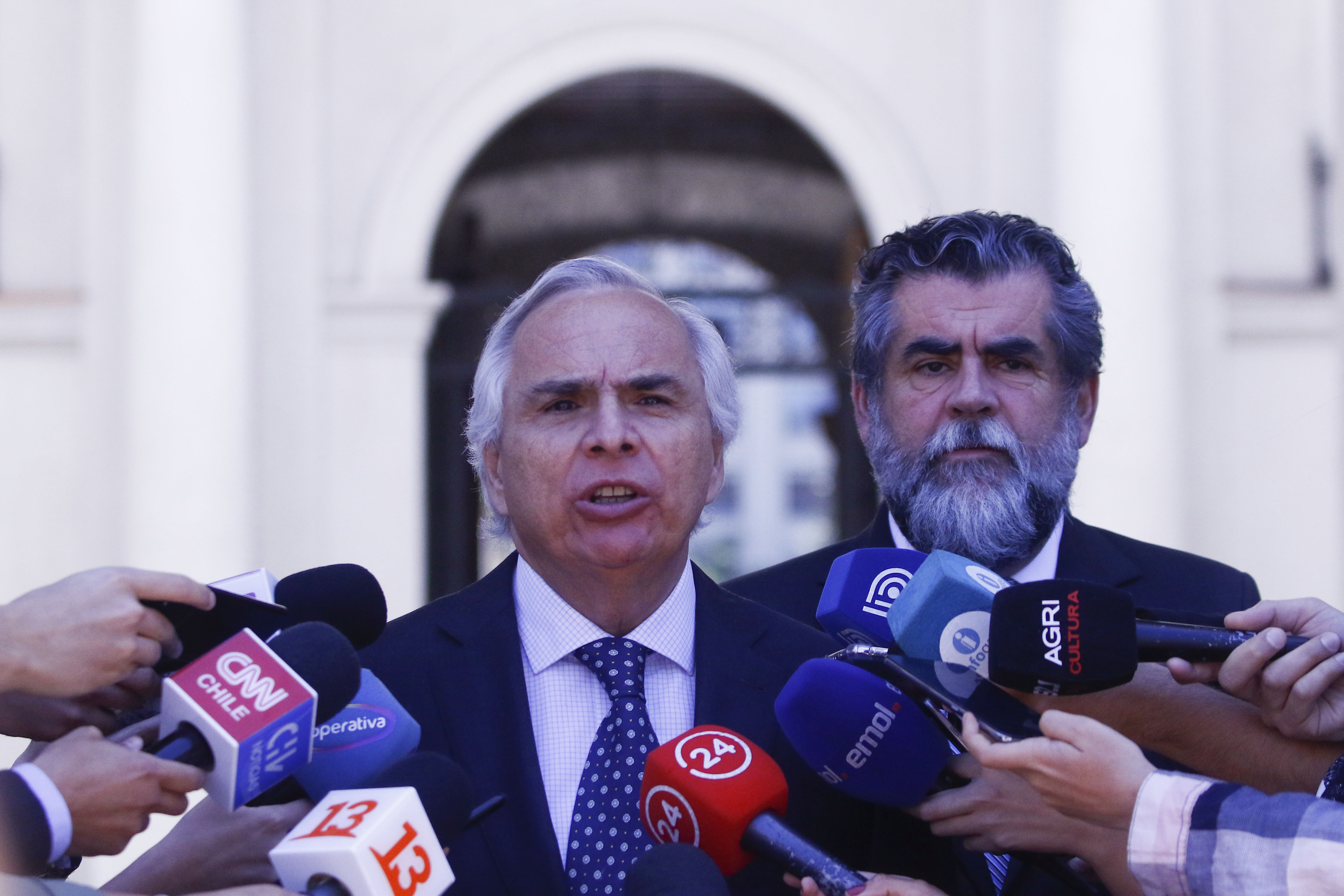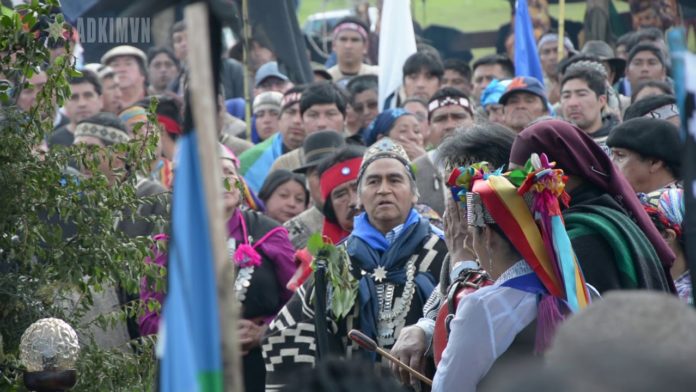By: Rodrigo Acuña. Source: LAB
The recent death of the 24-year-old Mapuche activist and leader Camilo Catrillanca has sparked widespread condemnation and protests throughout Chile.
On Wednesday November 14, a newly created special ‘anti-terrorist’ unit of Carabineros, the Chilean police, known as Comando Jungla entered the Mapuche traditional community of Temukuikui near the town of Ercilla in the Araucanía region, approximately 370 miles south of Santiago. Claiming to be in pursuit of local car thieves, the operation involved hundreds of police offices with two helicopters.
Video: HispanTV. Nov 16 2018
Returning home with a 15-year-old minor on his tractor who was also wounded in the incident, Catrillanca – the grandson of a local indigenous leader – was shot multiple times. According to community members, despite being severely wounded, Catrillanca was surrounded by police and taken to a local clinic instead of a hospital. The minor, who accompanied Catrillanca and has recently given a statement to the Public Ministry, claims he was later assaulted by police.

Ramon Monroy/Aton Chile
Quick to back the police special forces version of events – that Catrillanca was killed in crossfire – Minister of Interior Andrés Chadwick and Luis Mayol, Intendente of the Araucanía region, gave a series of bungled press conferences. Chadwick for days persisted in claiming that Catrillanca had a criminal record, hence cynically implying that his death was justified.
Missing video
The government’s version of events drew much ridicule when it was established that Catrillanca had no previous convictions.
Comando Jungla kills a young Mapuche man in Chile. Video: Telsur 15 Nov 2018
Comando Jungla, according to Bloomberg, had been trained in Colombia and the United States and was ‘equipped with bullet-proof jackets, drones and high-tech communications systems’. Yet the police could produce no video footage of their operation. Eventually, second sergeant Raúl Ávila Morales declared he had video footage of the incident on his GoPro camera but had destroyed it because the memory card contained ‘private images’.
Catrillanca’s death is only the latest in a series of actions by the Chilean State to defend the forestry industry and other firms which are exploiting southern Chile’s natural resources, especially water. While the forestry industry argues that their purchase or rental of large tracts of land in the region is perfectly legal, indigenous communities have for years complained about the negative environmental impacts of logging which, among other effects, causes soil erosion, damages indigenous crops and contaminates food supplies for livestock.
Numerous Mapuche communities have decided to fight back. According to statistics published by a local business association in the city of Temuco, in 2017 43 attacks, usually in the form of arson, were carried out against logging companies.
Conflict means business
While forestry firms hired their own security guards, in recent years Carabineros de Chile has stepped in to protect forestry companies, and has been accused of persecuting indigenous activists and falsifying evidence against them.
Video. Reporters series, France24. 15 Nov 2018
Journalist Francisco Marín writes, in the Mexican journal Proceso, that:
‘The murder of Catrillanca joins a series of other similar incidents, in which carabineros have killed unarmed Mapuche, as happened with Alex Lemún Saavedra (2002), Matías Catrileo Quezada (2008) and Jaime Mendoza Collío (2009). Although justice proved that the police version of events in each case were false, all those responsible were given short, non custodial sentences.’
According to the indigenous newspaper Werkén.cl, since 2001 the number of Mapuche leaders murdered stands at 14, and that was before the killing of Catrillanca. Earlier this year, the Red por la Defensa de la Infancia Wallmapu (Network for the Defense of Wallmapu Children) noted that more than 40 Mapuche children have been mistreated by police, including some who received gunshot wounds.
Adding further complexity to the conflict, Carabineros de Chile appears all too keen to request additional State funds, specifically to deal with what is described as ‘ethnic conflict’, in other words Mapuche protests. This comes, as Christopher A. Martínez from Temuco Catholic University observes, just as the police force is ‘currently going through its deepest crisis yet in the post Pinochet period’, with numerous ‘top-ranking Carabineros officials, including a former general, under investigation for a US$ 40 million fraud.’ This fraud was possible because of the flow of unrestricted funds to deal with ‘conflict’ and the self-interest of the officers responsible in ensuring that conflict continued and grew.
To make matters worse, the Chilean State in the last two decades has begun to use Anti-Terrorist Laws (specifically Law 18.314) against the Mapuche, actions which have been condemned by both Amnesty International and the United Nations. Established under the Pinochet dictatorship in 1984, the law facilitates the crushing of any political dissidence.
In the latest development, the Intendente of the Araucanía region has resigned while several police officers have done likewise or been suspended. The National Institute for Human Rights has also filed a criminal lawsuit against Carabineros claiming murder, attempted murder and obstruction of justice.
In his classic work Chile: The Legacy of Hispanic Capitalism, historian Brian Loveman notes that in over two centuries, due to Mapuche resistance, no other colony drained the Spanish royal treasury more or cost so many lives. According to the 2017 national census, the Mapuche population today numbers 1,745,147 (9.9% of the Chilean population) while they have lost 95% of their native lands. Contemporary Chilean politicians would do well to read this history.
Main image: protest at funeral of Camilo Catrillanca. Photo: PiensaChile


a great article. i learnt a lot. the short news pieces / features help give the piece clarity and depth.